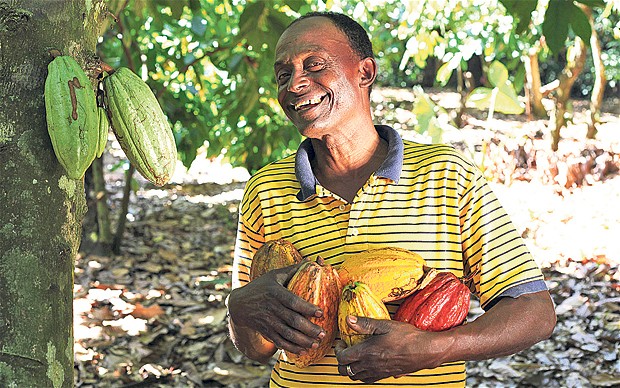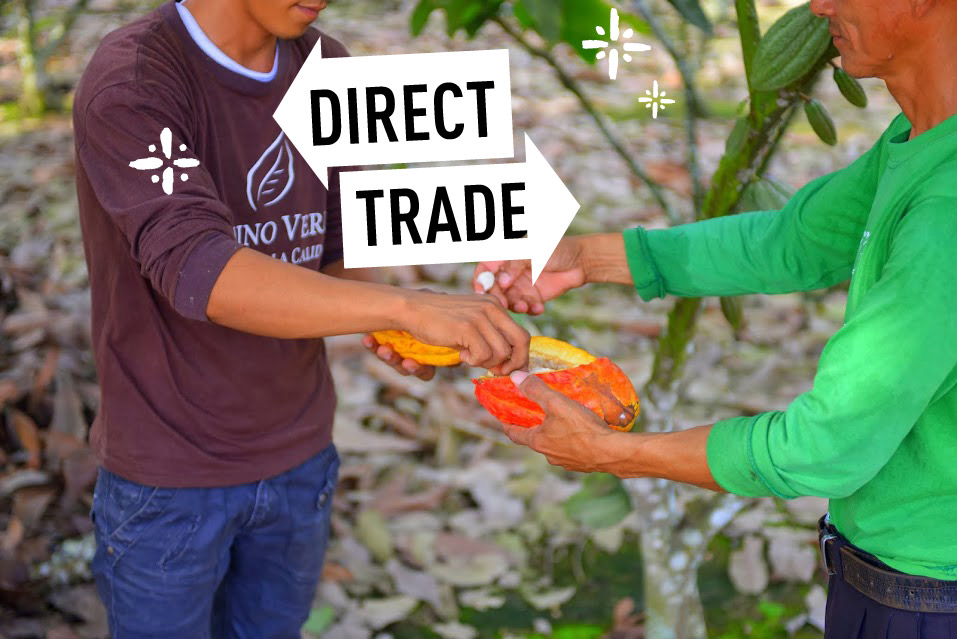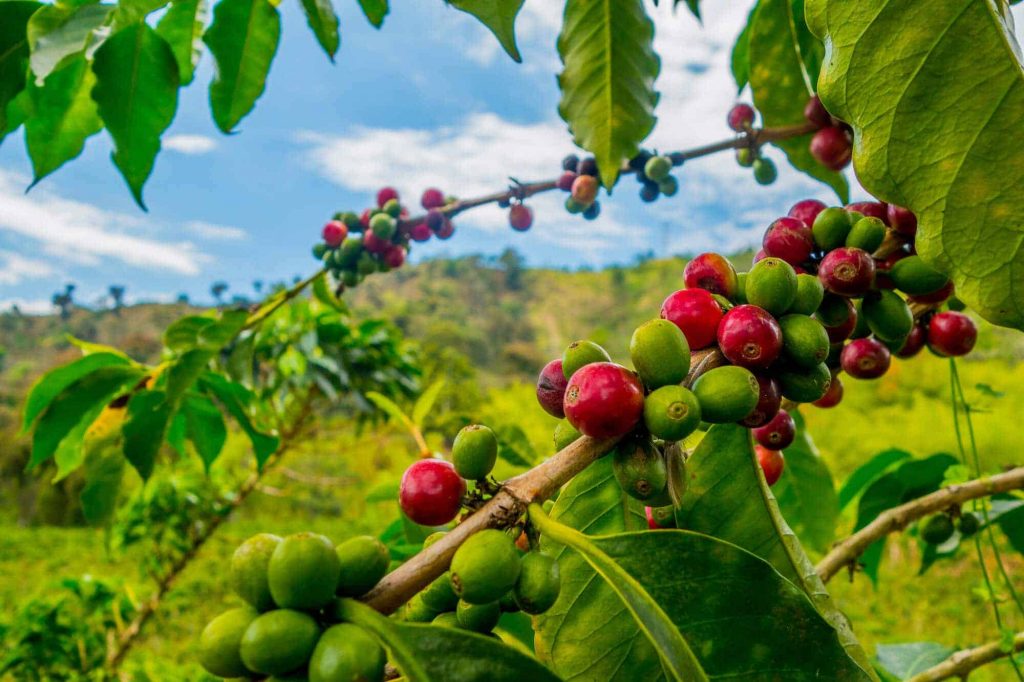Support for our farmers

~RaSheMa

The UK is the world’s biggest fair-trade market, and it continues to grow. Fairtrade is a purchase and trading practice that focuses on creating fair pricing for farmers supplying living wages and some fair trade programs will provide community benefits for farmers, workers and their families in developing countries.
Many people purchase fair trade because they believe in and want to support the practices, however, there is another side to Fairtrade. Fairtrade works essentially like a coop In order for a product to receive a fair trade stamp the farmer must pay an annual fee for the membership. Some poorer or remote farmers cannot organize and join up; others cannot afford the fees. Fairtrade products generally cost more and there is no telling if the farm or community actually receive the difference. Sometimes This annual fee ends up costing the farmer the entirety of the extra wage they would receive leaving them with nothing but a fair trade stamp!
Why would these farmers allow such conditions when they are the ones producing? Many farmers speak only their native language and are unable to communicate, they do not know the industry standard and end up taking much less just to survive the next day, many farmers only have 1 option sell for less or starve.
An alternative option to fair trade is Direct trade. Direct trade is a trading practice that entails building a direct relationship with farmers and processors. This direct relationship ensures an equal partnership and mutually beneficial trade for each business. The farmer and the retailer. There is no set of direct trade standards, and specific trade practices vary based on each individual partnership and personal agreement. Direct trade does ensure the trade will be equally beneficial for both parties. Direct trade allows the purchaser and the farmer to create the rules that work best for each of them.

The problem with direct trade is that it can be very difficult to find and communicate with many farms as they are in a region that is far out or away from mass society, they may speak a native language, many don’t understand or they do not know what direct trade is and how to do it. Most of these issues can be easily worked out however there are not many processors that work with mainstream retailers and also do direct trade. Many times the processors that practice direct trade are smaller independent companies and it is harder for them to reach such broad areas.
Now that we have defined Fairtrade and direct trade here’s what you can do. You can purchase produce, meats, cheese, and eggs from your local farmers market. Research brands in your area that practice direct trade and buy those brands at your local supermarket. If your supermarket doesn’t have brands that practice direct trade request them to carry the brand. You may need to continue to request it. Talk to your friends, your family, your neighbors and tell them what’s up! Educate them on the benefits of direct trade and tell them how they can support brands that are direct trade

We may not be able to have all the brands, produce, meats, and cheese that we buy purchased as a direct trade but we can educate our self and others of how to get there! Pure Harmony offers a line with 85% ingredients sourced direct trade! Our Shea butter comes from a tribe in Ghana, our Myrrh comes from a tribe in Kenya and everything else comes from small farms and family-run businesses.


